Matthew 6:1-6;16-18 • Hypocrisy's Way (Blessed are the undivided in Heart)
-
Matthew 6:1-6, 16-18
1“Be careful not to practice your righteousness in front of others to be seen by them. If you do, you will have no reward from your Father in heaven.
2 “So when you give to the needy, do not announce it with trumpets, as the hypocrites do in the synagogues and on the streets, to be honored by others. Truly I tell you, they have received their reward in full. 3 But when you give to the needy, do not let your left hand know what your right hand is doing, 4 so that your giving may be in secret. Then your Father, who sees what is done in secret, will reward you.
5 “And when you pray, do not be like the hypocrites, for they love to pray standing in the synagogues and on the street corners to be seen by others. Truly I tell you, they have received their reward in full. 6 But when you pray, go into your room, close the door and pray to your Father, who is unseen. Then your Father, who sees what is done in secret, will reward you.
16 “When you fast, do not look somber as the hypocrites do, for they disfigure their faces to show others they are fasting. Truly I tell you, they have received their reward in full. 17 But when you fast, put oil on your head and wash your face, 18 so that it will not be obvious to others that you are fasting, but only to your Father, who is unseen; and your Father, who sees what is done in secret, will reward you.
Public Performance - Boomerang
Righteousness
Dr. Esau McCauley - Hungering and thirsting for justice (righteousness) is nothing less than the continued longing for God to come and set things right. It is a vision of the just society established by God that does not waver in the face of evidence to the contrary. Mourning is not enough. We must have a vision for something different. Justice (righteousness) is that difference. Jesus, then, calls for a reconfiguration of the imagination in which we realize that the options presented to us by the world are not all that there is. There remains a better way and that better way is the kingdom of God. He wants us to see that his kingdom is something that is possible, at least as a foretaste, even while we wait for its full consummation. To hunger for justice (righteousness) is to hope that the things that cause us to mourn will not get the last word.
Reward
C.S. Lewis - “It would seem that Our Lord finds our desires not too strong, but too weak. We are half-hearted creatures, fooling about with drink and sex and ambition when infinite joy is offered us, like an ignorant child who wants to go on making mud pies in a slum because he cannot imagine what is meant by the offer of a holiday at the sea. We are far too easily pleased.”
Matthew 25:34-40 - 34 Come, you who are blessed by my Father; take your inheritance, the kingdom prepared for you since the creation of the world. 35 For I was hungry and you gave me something to eat, I was thirsty and you gave me something to drink, I was a stranger and you invited me in, 36 I needed clothes and you clothed me, I was sick and you looked after me, I was in prison and you came to visit me.’ 37 “Then the righteous will answer him, ‘Lord, when did we see you hungry and feed you, or thirsty and give you something to drink? 38 When did we see you a stranger and invite you in, or needing clothes and clothe you? 39 When did we see you sick or in prison and go to visit you? 40 “The King will reply, ‘Truly I tell you, whatever you did for one of the least of these brothers and sisters of mine, you did for me.’
Practice
Elemousune encompasses far more than a single act, it’s about the orientation of your time, your energy, your finances, and even your margin.
-
Each Sunday, we come together we offer an open invitation into the way of Jesus. An invitation to enter into sacred rhythms - to draw near to God through singing, giving, learning, and praying.
As a community that desires renewal in Des Moines as it is in Heaven, we recognize that we cannot offer what we ourselves do not have. We cannot lead where we ourselves have not been led; in turn, these questions aim at reflection. Reflecting on God’s word and making space for his leadership.
After watching or listening consider the following discussion questions as a large group or in groups of three to four:
What stood out from the teaching?
How does our participation in “public performance” shape us for good and for ill?
How do Evangelical conceptions of righteousness shape how we live in the world? How does Jesus’ understanding of righteousness differ from our own?
Why is hypocrisy so offensive? What is the counter practice Jesus offers in the place of public performance?
